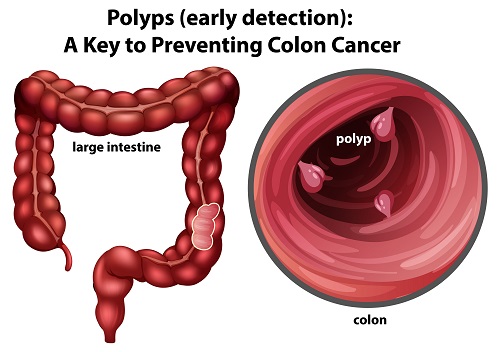
Digestive health is vital for overall well-being, and any disruption in the stomach or intestines can be concerning—especially when it involves tumors. Stomach (gastric) and intestinal (colorectal or small bowel) tumors are abnormal growths that can be benign or malignant (cancerous). Early recognition of symptoms and timely treatment can make a significant difference in outcomes.
🧠 What Are Stomach & Intestinal Tumors?
Tumors in the stomach and intestines refer to masses or growths that form in the lining or walls of the digestive tract. They may be:
- Benign – Non-cancerous growths such as polyps or lipomas
- Malignant – Cancerous tumors like gastric cancer, colorectal cancer, or GISTs (gastrointestinal stromal tumors)
While benign tumors may not spread, malignant ones can invade surrounding tissues and organs if not treated promptly.
🧬 What Causes These Tumors?
The exact causes vary, but common risk factors include:
- Chronic gastritis or H. pylori infection (for stomach cancer)
- Family history of gastrointestinal cancer
- Inflammatory bowel disease (IBD) like Crohn’s or ulcerative colitis
- High-fat, low-fiber diet
- Smoking and alcohol
- Age > 50
- Genetic syndromes (e.g., Lynch syndrome, FAP)
These tumors develop when normal cells mutate and grow uncontrollably.
🚨 Signs & Symptoms to Watch Out For
In early stages, symptoms may be subtle or absent. However, as tumors grow, they can cause:
- Persistent abdominal pain or discomfort
- Bloating or a feeling of fullness
- Nausea or vomiting
- Unexplained weight loss
- Difficulty swallowing (in gastric tumors)
- Changes in bowel habits (diarrhea or constipation)
- Blood in stool or black, tarry stools
- Fatigue and signs of anemia
These symptoms should not be ignored—especially if they persist for more than a few weeks.
🧪 Diagnosis & Evaluation
To identify stomach or intestinal tumors, doctors may recommend:
- Endoscopy or colonoscopy – direct visualization and biopsy
- CT scans or MRI – to detect tumor size and spread
- Stool tests – to detect hidden blood
- Blood tests – for anemia or tumor markers
A biopsy is often necessary to confirm the diagnosis and determine whether a tumor is benign or malignant.
🩺 Treatment Options
Treatment depends on tumor type, location, size, and stage. Options may include:
- Surgical removal – often the primary treatment for both benign and early-stage malignant tumors
- Chemotherapy or radiation therapy – for advanced or inoperable cancers
- Targeted therapy or immunotherapy – used in some gastrointestinal cancers
- Lifestyle modifications – including diet, smoking cessation, and managing underlying conditions
Early detection offers the best chance for successful treatment and long-term recovery.
📞 When Should You See a Doctor?
Consult your doctor if you experience:
- Persistent gastrointestinal symptoms
- Blood in vomit or stool
- Rapid unexplained weight loss
- A family history of GI cancers
Don’t delay—early diagnosis can be lifesaving.
❓ Frequently Asked Questions
Are all stomach or intestinal tumors cancerous?
No. Many are benign, but evaluation is necessary to confirm.
Can polyps turn into cancer?
Yes. Certain types of colon polyps can become cancerous over time if not removed.
Is stomach cancer common?
It is less common than colon cancer but more aggressive when diagnosed late.
Can digestive tumors be prevented?
A healthy lifestyle, regular screenings, and managing infections like H. pylori can reduce risk.
✅ Final Thoughts
Stomach and intestinal tumors can be silent threats, but awareness and early action make all the difference. If you’re facing unexplained abdominal symptoms or have a family history of GI cancers, talk to your doctor. Timely diagnosis and personalized treatment are key to better outcomes and peace of mind.
stomach tumor, intestinal tumor, colon cancer, gastric cancer symptoms, digestive tract tumor, abdominal lump, blood in stool, bowel cancer signs, endoscopy, GI tumor treatment
Would you like this blog localized with your clinic’s name, doctor’s name, or a call to action for appointments?
